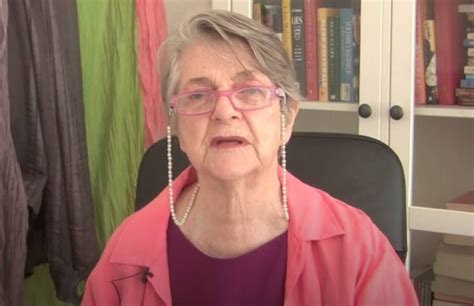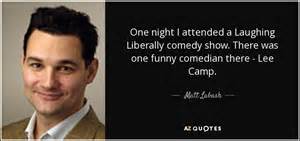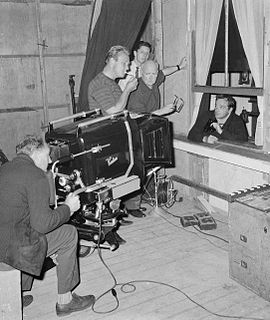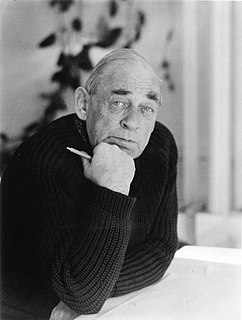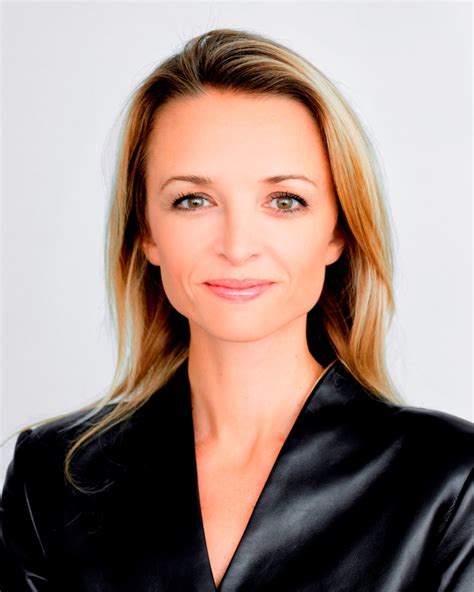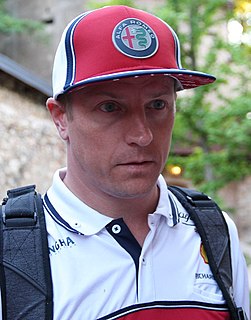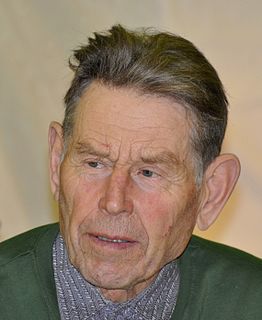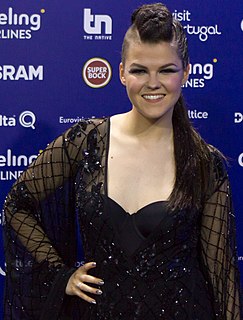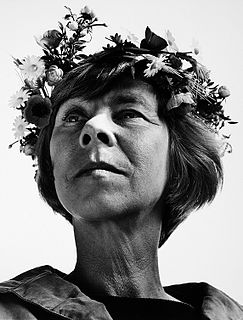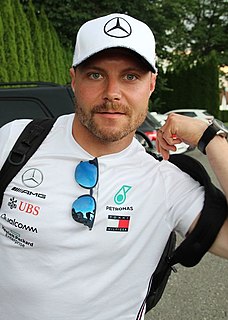A Quote by Pirjo Honkasalo
Every documentary is subjective. It's a total lie to say there are objective documentaries.
Quote Topics
Related Quotes
The problem is one of opposition between subjective and objective points of view. There is a tendency to seek an objective account of everything before admitting its reality. But often what appears to a more subjective point of view cannot be accounted for in this way. So either the objective conception of the world is incomplete, or the subjective involves illusions that should be rejected.
We've created this cottage industry in which it pays to be un-objective. It pays to be subjective as much as possible. It's a great way to have your cake and eat it too. Criticize other people for not being objective. Be as subjective as you want. It's a great little racket. I'm glad we found it actually.
To the documentary director the appearance of things and people is only superficial. It is the meaning behind the thing and the significance underlying the person that occupy his attention... Documentary approach to cinema differs from that of story-film not in its disregard for craftsman-ship, but in the purpose to which that craftsmanship is put. Documentary is a trade just as carpentry or pot-making. The pot-maker makes pots, and the documentarian documentaries.
I've been encouraging documentary filmmakers to use more and more humor, and they're loath to do that because they think if it's a documentary it has to be deadly serious - it has to be like medicine that you're supposed to take. And I think it's what keeps the mass audience from going to documentaries.
Most people look at a feature film and say, "It's just a movie." For me there is no border or wall between fiction and documentary filmmaking. In documentaries, you have to deal with real people and their real feelings - you are working with real laughter, happiness, sadness. To try to reflect the reality is not the same as reality itself. That's why I think that making a good documentary is much harder than making a good feature film.



